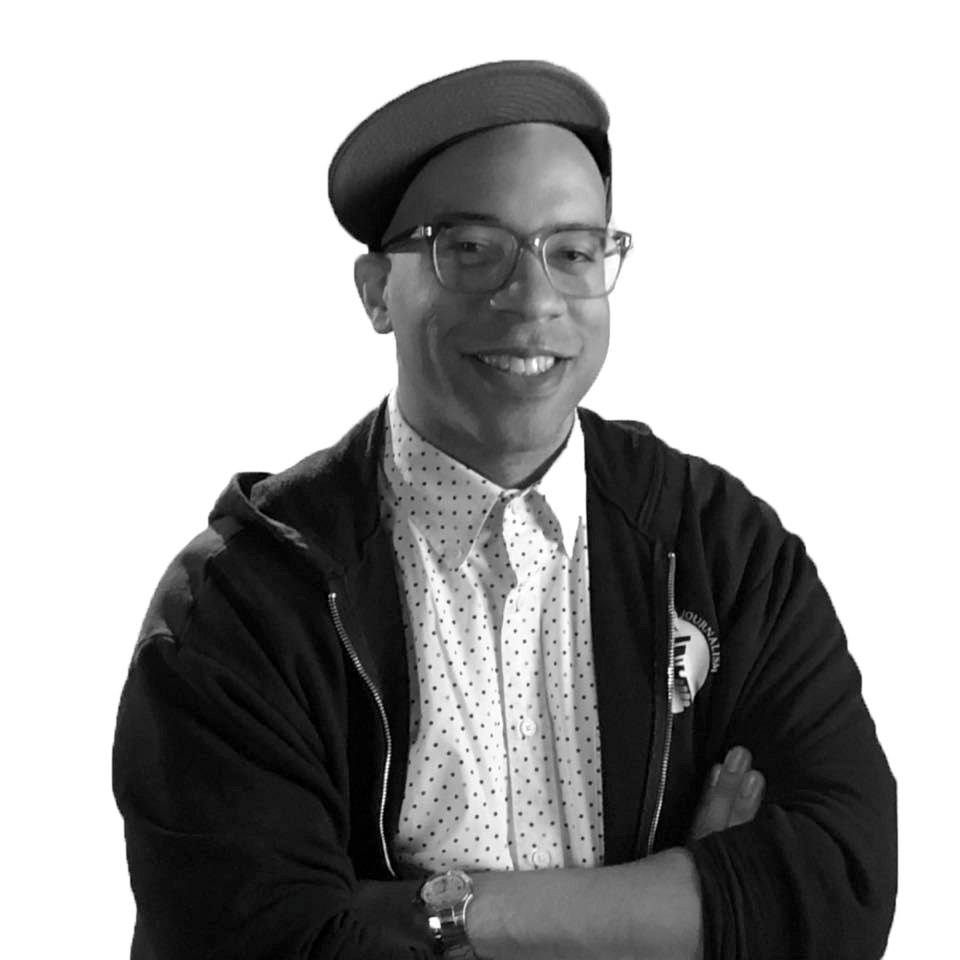Former Vice President Joe Biden’s landslide victory in South Carolina demonstrated that Sen. Bernie Sanders’ earnest and substantive efforts to court black voters since 2016 were no match for a decades-long intimate political relationship with the community—for now.
From the moment Biden launched his candidacy in 2019 he’s banked his fortunes in the Democratic primary on black voters and with good reason. African-Americans are the most influential bloc within the party’s base, especially in the South where they dominate its ranks.
In fact, all of the successful Democratic presidential contenders of the last half century—Carter, Clinton and Obama—had a natural or well-cultivated comfort within the African-American community.
The vice president has been roundly mocked for placing his relationship with President Obama at the center of his campaign. But the fact is the way Biden comported himself as Obama’s VP did earn him a lot of goodwill within communities of color.
And, the fact that Delaware, the state which Biden represented for decades—is more diverse than the stomping grounds of most of his Democratic rivals—has been mostly overlooked.
Biden won in South Carolina by tapping into the qualities that made him appealing in the first place: his ability to make a genuine, human connection with voters (remember when politicians used to do that?) and the strength of his bonds with his fellow establishment pols (even Lindsey Graham adored Biden before he wasn’t allowed to anymore).
Veteran S.C. Rep. Jim Clyburn’s pivotal endorsement said it all about the structural advantage Biden enters into in every primary state with a predominantly black population:
"I know Joe. We know Joe. But most importantly, Joe knows us," Clyburn said.
And Joe railroaded Anita Hill. And Joe wrote the crime bill. And Joe made up a story about being arrested protesting for civil rights alongside Nelson Mandela.
And yet the Joe they know proved more appealing for most black voters in the state than the Bernie they don’t.
Biden cleaned house, earning over 60 percent of the African-American vote according to exit polls—a dynamic that suggests a familiar challenge ahead for Sanders.
In 2016, his insurgent campaign against Sec. Hillary Clinton saw its momentum blunted repeatedly by her overwhelming support among African-Americans. Sanders very well may have won that nomination if he could only have drawn more black support.
After licking his wounds, Sanders learned his lesson and did the hard work of establishing more of a sustained presence in black and brown political life. He dramatically diversified his campaign at the top and made inroads with younger, more progressive up-and-coming community leaders and politicians of color who tend to be more open to his ambitious agenda than more moderate, older African-Americans.
For some time now, it appeared as though Sanders’ work was paying off. He handily won Latinos and held his own with African-Americans in Nevada, the first truly diverse state to participate in the 2020 primary to date. And until recently, polls showed him surging in South Carolina, even threatening to take the lead.
Pundits will have a field day trying to diagnose what went wrong for the 2020 frontrunner in South Carolina. Was it the Clyburn endorsement (which felt dramatic and inevitable at the same time)? The impact of the most prolonged attacks on Sanders by his competitors since the race began?
Sanders continues to show strength with black voters under 40, which is more than can be said for Mayor Pete Buttigieg, Sen. Amy Klobuchar and arguably Sen. Elizabeth Warren, who have all garnered almost no support from African-Americans to date.
Biden very well may have peaked on Saturday, or his win may be the beginning of something new—a two, maybe three-person race, featuring all white men aged 75 and up. It appears that the old white man who can make the best case to the black voters of the Democratic party will be the one who gets to face down Trump this November.







